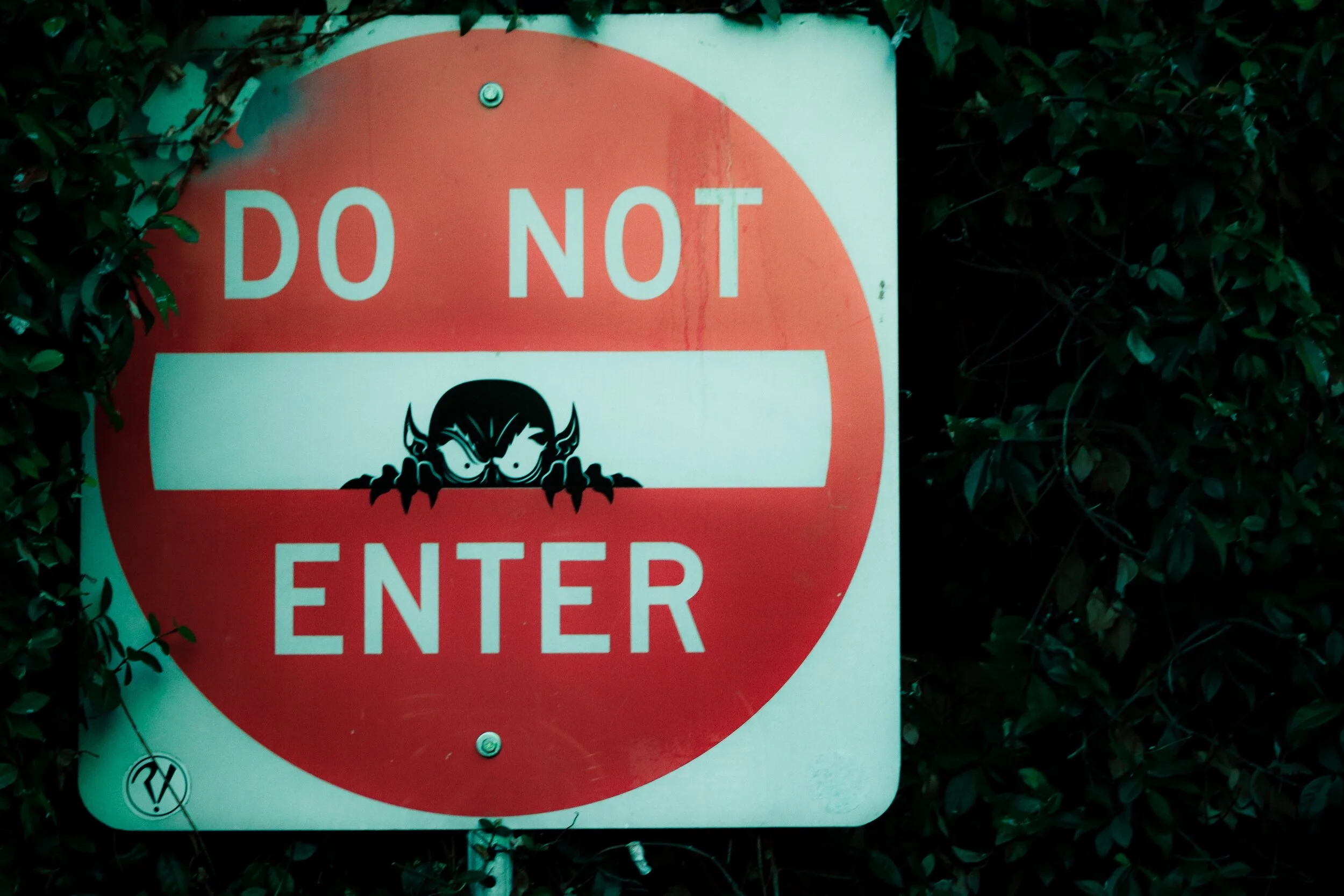My heart with my blogging ministry at The Bee Hive is to pastor through words. When I launched The Bee Hive, I wasn’t sure how many I would be able to shepherd through my writing.
In my first year of blogging, 2017, I was so encouraged to have 1,767 unique visitors to my website with 3,939 page views. I was so glad that my writing was being read and hopeful that it was helpful. I was concerned, though, that maybe after an acquaintance read the blog a couple times, the interest would diminish and the impact would wane.
That fear was answered in 2018, when I saw the first year’s numbers nearly double, with 3,463 unique visitors and 6,398 page views. In 2019, I was shocked to have those numbers double again with 8,500 unique visitors and over 13,600 page views.
This year those numbers grew to 12,000 unique visitors and 17,000 page views.
On top of that are my faithful subscribers (thank you!) who read my posts via email. Mailchimp tells me 76% of you regularly read my posts, which means that in this past year, around 25,000 posts were read via email.
My five most-read posts of 2020 follow. Several of these posts surprised me they made the list. If any of these posts blessed you, one way you can encourage me is by sharing one of your favorite posts with a friend and inviting them to sign up. There is no greater encouragement than knowing that I have helped a reader in some way. Thank you in advance! I’m so grateful for you!
5. On Critiquing Your Pastor: I’m glad this post was helpful to others. I share my embarrassment of an interaction with a pastor during college, and how I would handle it now.














